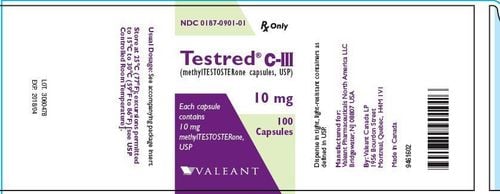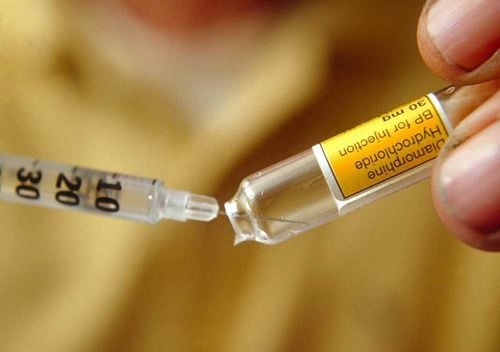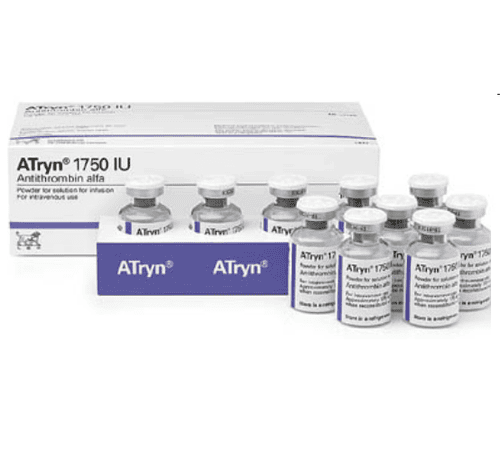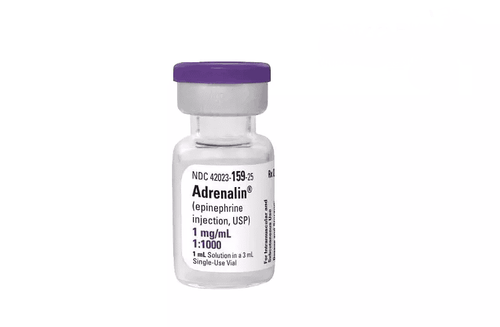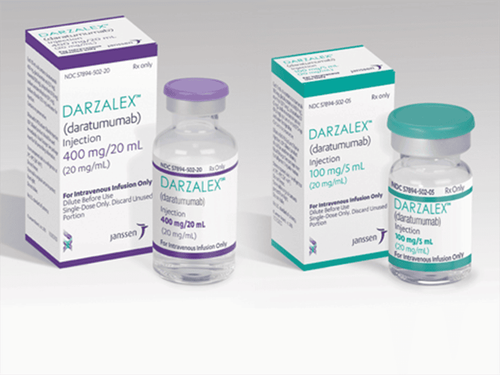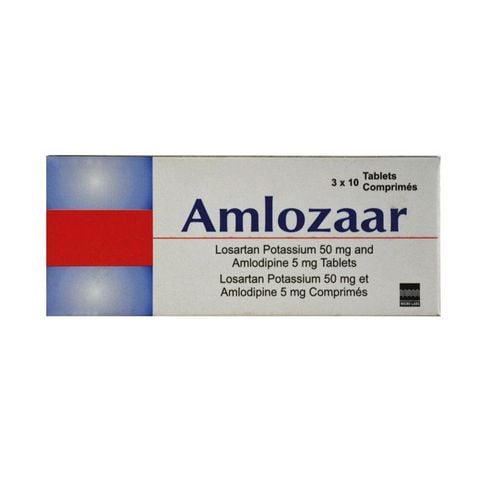This is an automatically translated article.
The article was professionally consulted with Master, Doctor Phan Ngoc Toan - Resuscitation - Emergency Doctor - Vinmec Danang International General Hospital.1. Cases of contraindication to intravenous injection
The following are cases of contraindication to intravenous injection:Drugs that strongly stimulate the cardiovascular system: such as adrenaline (except in emergency cases, when the patient has a drop in blood pressure, which cannot be measured, cannot catch the pulse. ),... Oily drugs: such as Testosterone, vitamin D3,... Oily drugs are usually injected into the body through intramuscular injection, instead of intravenously. So in what cases is intravenous technique indicated?
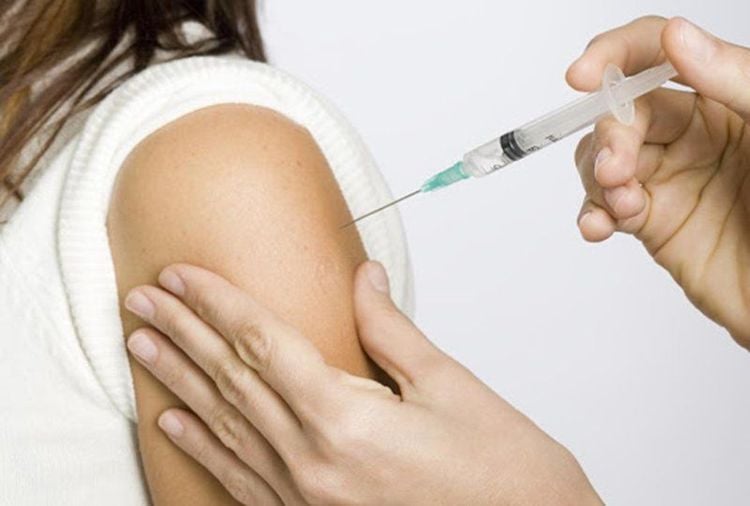
2. Indications for intravenous injection
Intravenous injection techniques are indicated in the following cases:Drugs that are desired to achieve rapid effects when introduced into the body such as anesthetics, hypnotics, anti-hemorrhagic drugs, cardiovascular collapse, etc. .. Drugs with systemic effects Drugs that cause tissue necrosis, pain, and even plaque (necrosis) if injected under the skin or intramuscularly such as Calcichloride, Ouabain,.. The drugs do not administered intramuscularly or subcutaneously, but only intravenously. Isotonic, hypertonic solutions need to be put into the patient's body with a fairly large amount of drug. Plasma, blood and colloidal solutions such as Subtosan, Dextran,... Therapeutic serums.
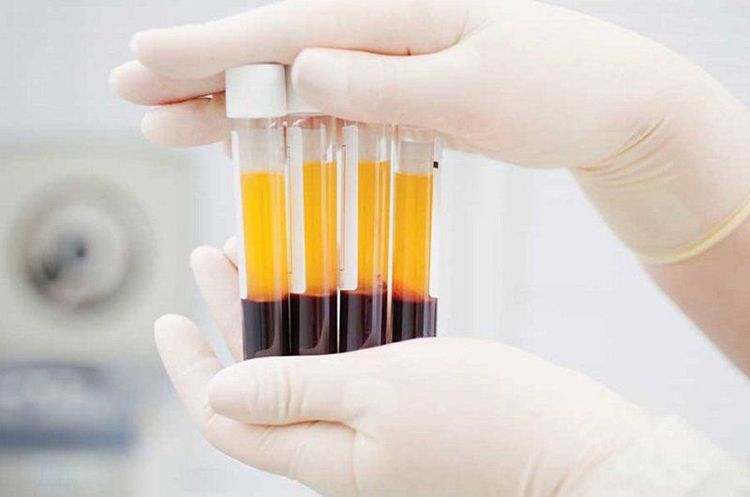
Ampicillin 1g powder for injection. Amoxicillin 1g + Clavulanic Acid 200mg powder for injection. Ampicillin 1g + Sulbactam 500mg powder for injection. Oxacillin sodium 1g powder for injection. Imipenem powder for injection (500mg Imipenem + 500mg Cilastatin) Meropenem Cefuroxim 750mg powder for injection Cefuroxim 1.5g powder for injection. Cefotaxime 1g powder for injection. Cefradin 1g powder for injection. Ceftriaxone 1g powder for injection. Ceftriaxone 2g powder for injection. Ceftazidime 1g powder for injection. Cefepime 1g powder for injection. Cefoperazone 1g powder for injection. Ceftizoxime 500mg. Ceftizoxime 1g. Cephalothin 1g. Cefamandol 1g. Cefmetazol 1g. Gentamicin 80mg/2ml solution for injection. Amikacin 500mg/4ml solution for injection. Netilmicin 150mg/2ml solution for injection. Lincomycin 600mg/2ml solution for injection. Clindamycin 300mg solution for injection. Vancomycin 1g powder for injection. Vancomycin 500mg powder for injection. Teicoplanin 200mg powder for injection. Fosfomycin 1g. Omeprazole 40mg powder for injection. Pantoprazol 40mg powder for injection. Esomeprazole 40mg powder for injection. Each injection technique has its own indications and contraindications. The above are contraindications for intravenous injection that should be avoided. Because the wrong injection technique, wrong indication can lead to serious consequences, possibly even endanger the patient's life. Therefore, it is necessary to strictly follow the instructions given by the doctor.
Please dial HOTLINE for more information or register for an appointment HERE. Download MyVinmec app to make appointments faster and to manage your bookings easily.





